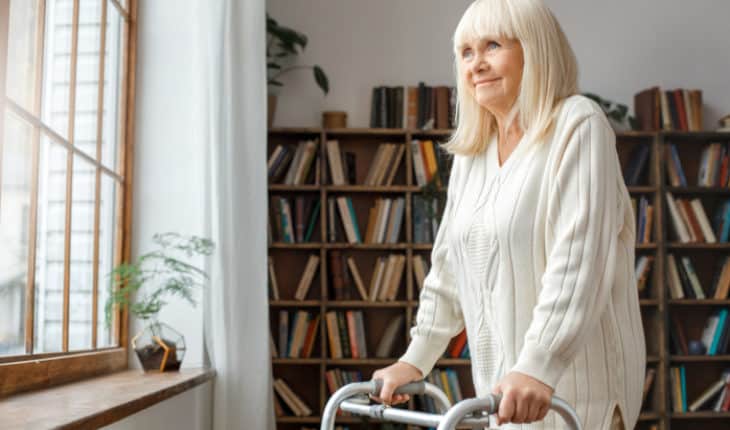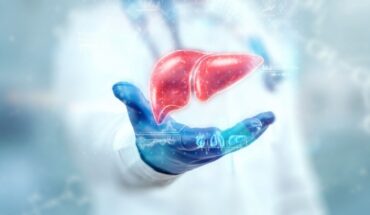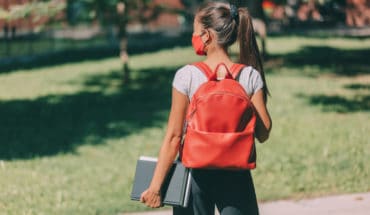Researchers at the University of Aberdeen will investigate musculoskeletal health during the Covid_19 lockdown.
A £52,000 grant has been awarded to investigate the impact of lockdown on patients with arthritis and other musculoskeletal conditions – specifically psoriatic arthritis, axial spondyloarthritis, also known as Ankylosing Spondylitis, and chronic pain conditions including fibromyalgia.
The charity Versus Arthritis and the British Society for Rheumatology (BSR) are funding the study led by Professor Gary Macfarlane, Clinical Chair in Epidemiology, which will shed light on the effects of lockdown on people with long-term conditions and on how their health may have been affected. The study is funded by an extension to an existing study of Versus Arthritis and an award from BSR.
Around 2,000 patients across the UK with variety of arthritis and musculoskeletal conditions – who have been involved in long-term studies with the University – will be sent questionnaires in the first instance, with in-depth interviews set up with some of them afterwards.
Professor Macfarlane explained that the lockdown caused by the pandemic presents certain challenges for patients with arthritis and musculoskeletal conditions.
“We know that two key aspects of musculoskeletal health are taking exercise and maintaining good mental health. The ability to take exercise is likely to have been restricted while mental health is likely to be affected by the anxiety around the pandemic generally, together with concerns about one’s own health as well as the effects of social isolation,” said Professor Macfarlane.
“Those in work will have experienced big changes in their workplace environment. Some may be working in essential services in very stressful circumstances, others may have had to adjust to home working, while some may either have been furloughed or lost their job,” added the Dean of Interdisciplinary Research and Research Impact.
“In terms of their care, patients will have experienced a radical re-organisation of their healthcare with almost all consultations moving online. As a result, there will be reductions in access to some services, such as physiotherapy, and procedures, such as injections, just at a time when patient need may be greatest. In addition, some patients will have been categorised in high-risk groups and received letters in relation to “shielding” which requires them to stay at home.
“Understandably there has been a primary focus on undertaking research directly related to Covid-19 but we also risk forgetting people with chronic diseases just at a time when their need is greatest and with severely reduced services.”
Because of their previous involvement in University studies, researchers have existing knowledge of many of the patients and their health before the pandemic.
“We are going to evaluate their current health and see how this has changed since they were previously surveyed, hear about their experience of care during the lockdown restrictions of the pandemic and ask about their perceived current and future care needs,” added Professor Macfarlane.
“The study will allow us to understand the consequences of the lockdown for people with long-term conditions and how their health may have been affected. It will also feed into discussions about how virtual consultations may be part of regular NHS healthcare in the future.”
Dr Stephen Simpson, Director of Research at Versus Arthritis, said:
“One in four people have a musculoskeletal condition like arthritis in the UK – half of those people live with pain every single day.
“The experience of self-shielding and social distancing during lockdown can have negative impacts on the health and condition of people with arthritis, with anxiety and reduced physical activity causing symptoms to flare.
“We’re delighted to support the extension of this work by Professor Macfarlane and colleagues to collect COVID impact data. This study will help us better understand the impact lockdown is having for people with musculoskeletal conditions, and allow us to improve healthcare and the management of these conditions. It is a great example of how research is adapting to meet the needs of people during the pandemic.”
- Gut microbiome could delay onset of type 1 diabetes - 3rd April 2025
- The da Vinci 5 Robot Is Set To Transform Bariatric Care: - 31st March 2025
- Beyond money: the hidden drivers fuelling child food insecurity - 31st March 2025






